Wilmington Tomorrow:
TELLING THE STORY
The story of 1898 is an important, long suppressed part of the story of Wilmington, past and present. But what will be the story of Wilmington's future? Will it be a story of continued racial division, inequality, and tension? Or will we move as a city in the 21st century toward greater mutual understanding, racial justice, and equality?
The 1898 Foundation was created to address the deep racial tensions that mark this community of 150,000 people--tensions largely rooted in the events of 1898 and the seventy years of racial oppression and segregation they ushered in. There can be little doubt that the economic disparities between black and white communities in Wilmington today were, to a significant degree, reborn in that violence, and in the determination of succeeding generations of whites to segregate the races and preserve white supremacy.
In the words of one of the leaders of the 1898 Foundation, Bertha Todd,
"No one living in Wilmington today was a participant in the events of 1898. Consequently, none among us bears any personal responsibility for what happened. But all among us are responsible for 1998. On each of us falls the personal responsibility to make our community one where economic justice and racial harmony flourish. Surely this is a challenge we are willing to accept."The first step in the process of reintegrating and reuniting the city of Wilmington was taken in 1998. In that year, the 1898 Foundation staged and sponsored or co-sponsored a series of events, intended to reclaim, from its racist distortions, the truth about the revolution of 1898, and its terrible consequences for African Americans living in this area and in North Carolina as a whole.
Bertha Todd
- The Foundation co-sponsored a series, "Wilmington in Black and White," that met for a full year, which included numerous presentations on the history of Wilmington and its current life, including black and white perspectives.
- The Foundation co-sponsored with UNCW a national symposium, "The 1898 Wilmington Racial Violence and Its Legacy," which dealt with the 1898 Coup and Riot, and featured as its keynote speaker John Hope Franklin, Professor of History at Duke University and Chair of President Clinton's Racial Dialogue endeavor.

John Hope Franklin
- Participants in the 1898 Symposium included H. Leon Prather, author of We Have Taken a City, the foremost scholarly study of the riot, and David Cechelsky, editor of Democracy Betrayed, which includes many articles dealing with the coup and its role in North Carolina history, and Glenda Gilmore, author of Gender and Jim Crow. These events were broadcast over UNCW-TV.
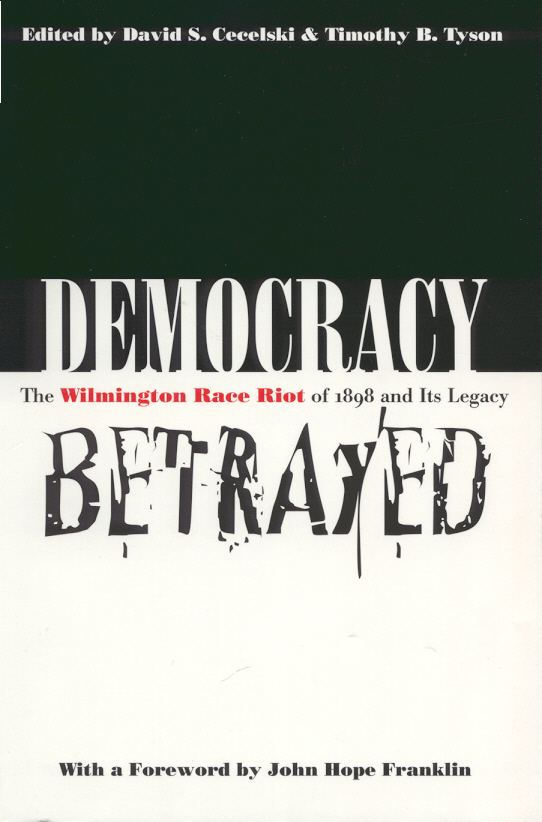
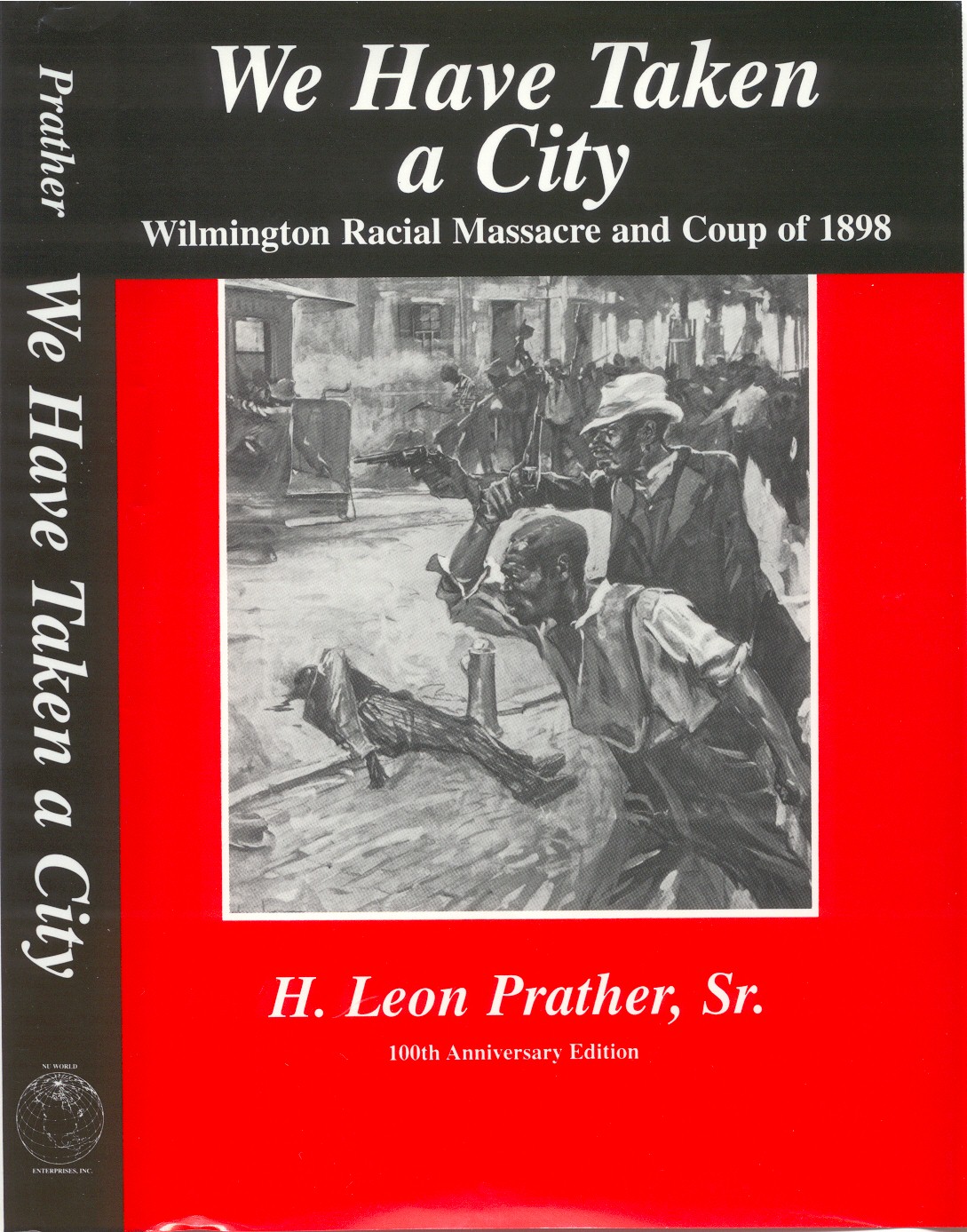
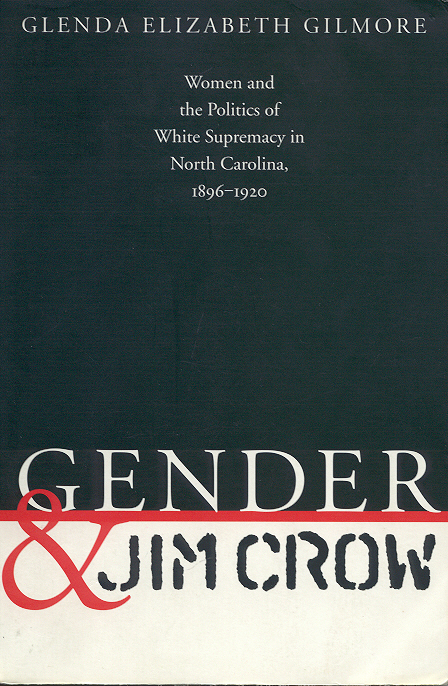
Scholarly histories of the Wilmington revolution of 1898
- The Foundation sponsored an original drama, written by Anne Russell, "No More Sorrow to Arise," which retold the story of the 1898 revolution from the point of view not of its white supremacist victors, but its African American victims.

"No More Sorrow To Arise" by Anne Russell
- The Foundation commemorated the events of November 10, 1898, in a moving and beautiful ceremony in Thalian Hall attended by over 600 Wilmington citizens, which culminated in a pledge of allegiance to the "PEOPLE'S DECLARATION OF RACIAL INTERDEPENDENCE," which includes the statement:
- In 1999 the Foundation sponsored a Fall Series: "MEMORIES AND MONUMENTS: Shaping the Past and the Future, 1865-2000 and beyond." This series featured:
- David Blight, one of the nation's foremost Civil War historians, speaking on "Race and Reunion: the Civil War in American memory."
- Alice Eley Jones, C.E.O. of Historically Speaking, on "Magnolias and Memory Lapses: Forgotten African American contributions to Southern culture."
- W. Fitzhugh Brundage, a foremost historian of the South, speaking on "The Muse of Public Memory: Making and remaking history in the South, 1865-1999."
- Catherine W. Bishir, architectural historian in the N.C. Department of Archives and Records, and Fath Davis Ruffins, historian with the Smithsonian Museum in Washington, D.C., on "Remembering the Future: Monuments, Memory, and Racial Healing."
- Currently, the 1898 Foundation is developing with local teachers a two-week curriculum program called "Teaching 1898," for inclusion in the Teaching Tolerance section of the 8th grade curriculum for New Hanover County Schools. This would be the first time the true history of 1898 was taught in our public schools.
- "We, the citizens of Wilmington
and New Hanover county, do hereby declare that we will no longer be ruled,
and will never again be ruled, by the racist prejudices of the past, but
instead we shall commit ourselves and our children to the principle of
racial equality and interdependence and the goal of racial harmony."
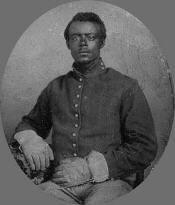

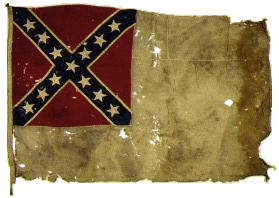
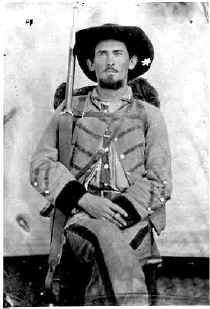
- In addition, the 1898 Foundation is planning again for a "November 10 Remembrance Ceremony," to occur this year, the one hundred anniversary of the disfranchisement of African American citizens in North Carolina--an act that grew directly out of the 1898 riot and coup.
